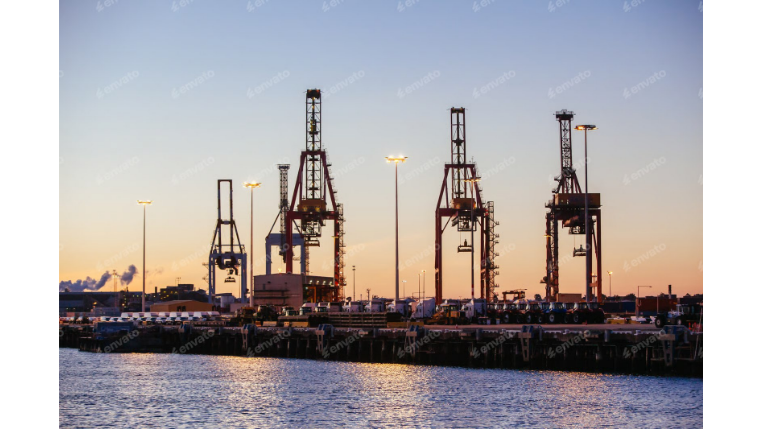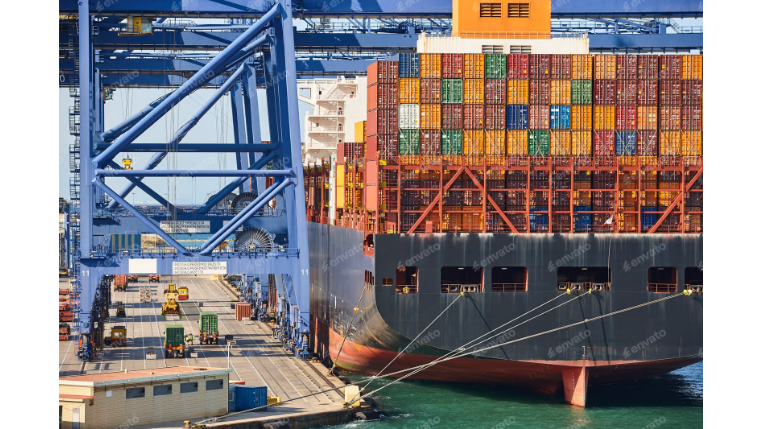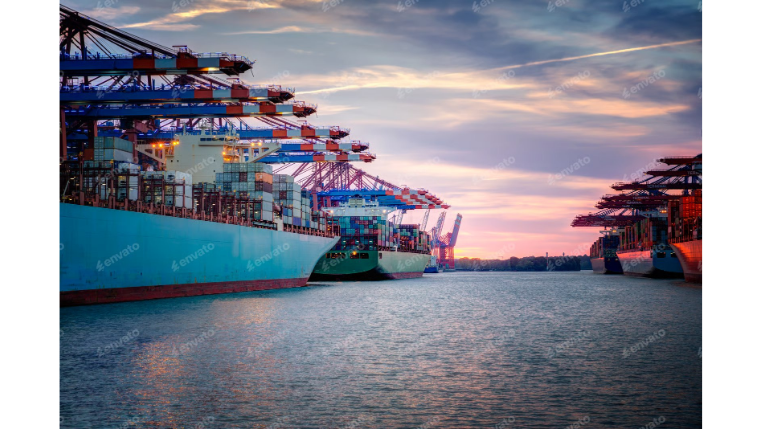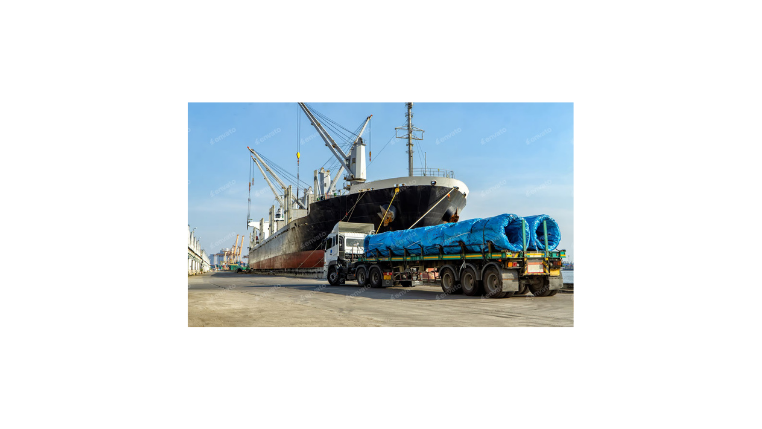In the complex world of international trade and logistics, a single three-letter acronym, FOB, holds immense significance. FOB, or Free on Board, is a term used on shipping documents to clearly define the point at which the ownership and responsibility for goods transfer from the seller to the buyer. This designation is crucial because it dictates who is liable for the goods, who pays for freight charges, and who is responsible for filing a claim in the event of loss or damage.
FOB is a key part of Incoterms, a set of internationally recognized rules published by the International Chamber of Commerce (ICC). While Incoterms define many aspects of trade, FOB specifically relates to shipments transported by water.
This guide will break down the four key ways FOB is used in shipping, clarifying the responsibilities for each designation to help you navigate your shipping documents with confidence.
Understanding the Two Key Components of FOB
To fully grasp the different FOB designations, we must first understand the two core components that make up the term: the transfer of ownership and the responsibility for freight charges.
- Transfer of Ownership (FOB Delivery Point): The first part of the FOB term, either "Origin" or "Destination," determines where the legal title of the goods transfers from the seller to the buyer and where the risk of damage shifts.
- FOB Origin: The buyer assumes ownership of the shipment the moment the carrier picks up the goods.
- FOB Destination: The seller retains ownership and risk of the goods until they are delivered to the buyer's specified location.
- Responsibility for Freight Charges: The second part of the term, "Prepaid" or "Collect," indicates who is responsible for paying the freight costs.
- Freight Prepaid: The seller is responsible for and has paid the freight charges.
- Freight Collect: The buyer is responsible for paying the freight charges to the carrier.
By combining these two components, we get four common FOB designations.
The 4 Key FOB Designations in Shipping
Here’s a breakdown of how the four designations work and who is responsible for what.
1. FOB Origin, Freight Collect
- Ownership: Transfers to the buyer at the point of origin (when the carrier picks up the goods).
- Freight Charges: The buyer is responsible for all freight charges.
- Risk & Responsibility: The buyer assumes all risks and is responsible for filing claims in case of loss or damage.
2. FOB Origin, Freight Prepaid
- Ownership: Transfers to the buyer at the point of origin.
- Freight Charges: The seller is responsible for all freight charges.
- Risk & Responsibility: The buyer assumes all risks and is responsible for filing claims.
3. FOB Destination, Freight Collect
- Ownership: Transfers to the buyer at the point of destination (upon delivery).
- Freight Charges: The buyer is responsible for all freight charges.
- Risk & Responsibility: The seller assumes all risks until delivery.
4. FOB Destination, Freight Prepaid
- Ownership: Transfers to the buyer at the point of destination.
- Freight Charges: The seller is responsible for all freight charges.
- Risk & Responsibility: The seller assumes all risks until delivery and is responsible for filing claims in case of loss or damage.
Why Does FOB Matter?
Understanding the FOB designation is critical for a number of reasons that can have a significant impact on your business's finances and operations.
- Damage and Loss: In the event of damaged or lost goods, the FOB term clearly defines which party is responsible for filing a claim with the carrier. This prevents ambiguity and costly disputes. For example, in an FOB Origin shipment, if the goods are damaged in transit, the buyer must file the claim with the carrier, not the seller.
- Financial Liability: The FOB term dictates which party is financially responsible for the freight costs, which can represent a significant portion of a shipment's total cost. This is essential for accurate accounting and pricing.
- Legal Ownership: The FOB delivery point is the moment the legal title of the goods is transferred. This is important for tax purposes, insurance, and compliance with international trade regulations.
- Accepting Damaged Goods: Some receiving docks will refuse delivery of obviously damaged goods rather than accept them with a damage notation for a future claim. However, in an FOB Origin shipment, the goods technically belong to the buyer at the time of shipment. By refusing delivery, the consignee is refusing goods they legally own and for which they bear the risk, which could result in additional damages and costs.
Conclusion
In conclusion, FOB is a foundational term in international trade that provides clarity and structure to the shipping process. It is not, as some might assume, a term that means "free" shipping. Instead, it is a detailed legal and financial agreement that outlines the responsibilities of both the seller and the buyer. By understanding the nuances of the four key FOB designations, you can ensure that your shipping documents are clear, your liabilities are understood, and your logistics operations run smoothly and compliantly.










